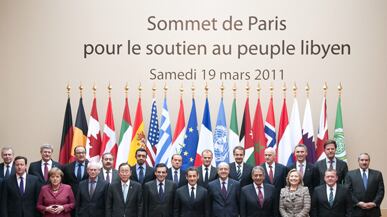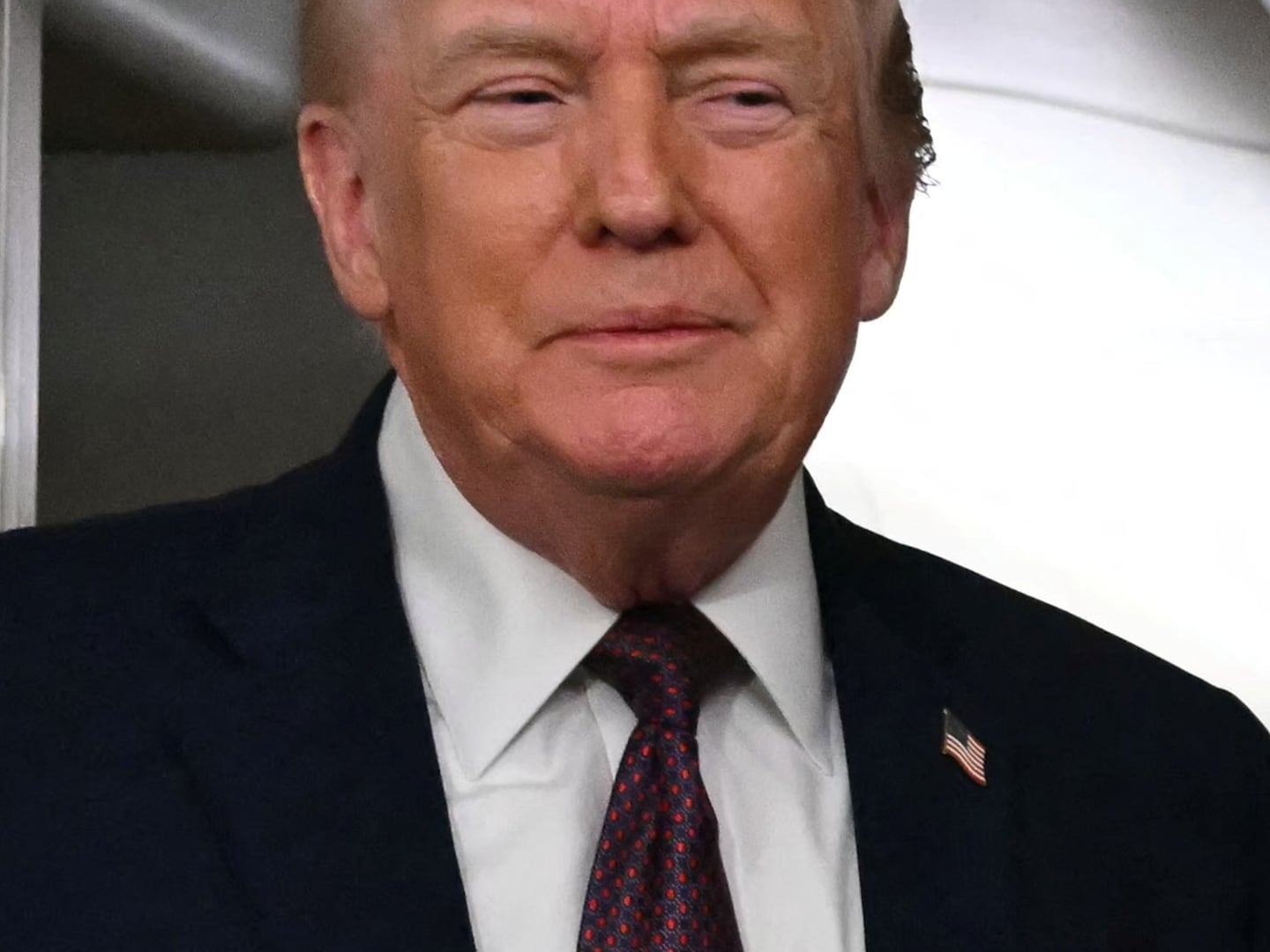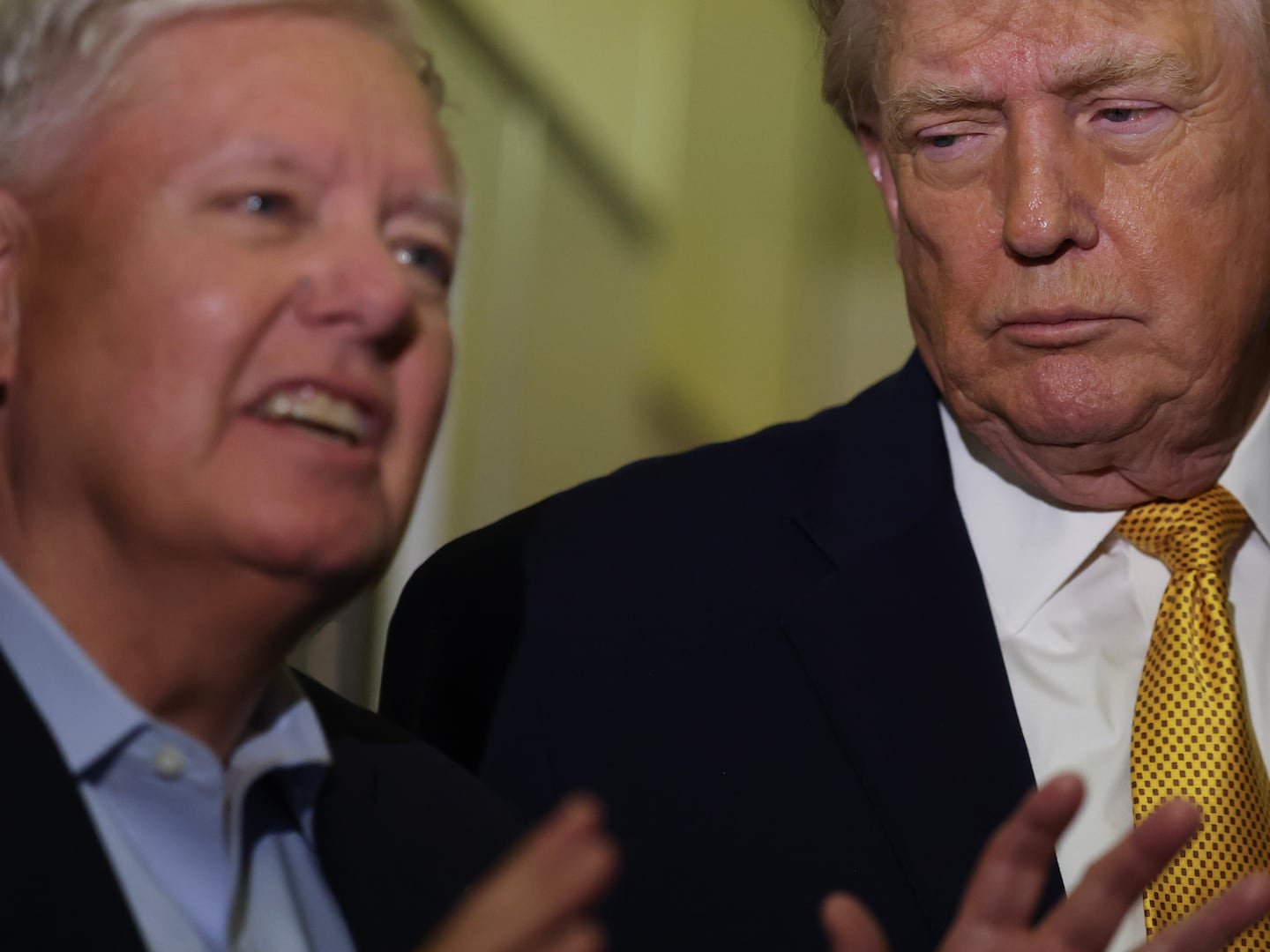U.N. Security Council Resolution 1973, voted into force on March 17, 2011 put in place an international response to the Gaddafi regime's merciless actions against its own people. Five countries chose to abstain, the BRIC countries, Brazil, Russia, India, and, China along with Germany. Three of these, Brazil, India and Germany are all aspirants to a permanent seat in the Security Council. There is little logic to the abstention, unless they worry about future international action should their own internal politics go awry. These are large countries and except for Germany have nascent movements against central authority. However, none of these internal efforts are serious enough to warrant a blatant disregard for the murderous threats and actions of the Gaddafi regime in Tripoli.

Explaining India's abstention, which unlike Russia or China could not have derailed the resolution in any case through the exercise of a “veto,” the Indian representative Manjeev Singh Puri complained that the resolution authorizes far-reaching measures with "relatively little credible information on the situation on the ground in Libya"! Mr. Puri went on to worry about the proposed financial measures, such as the asset freeze because they would have an effect on trade and investment. Clarity on the "spill-over effects of these measures would have been very important," said the Indian representative—a remarkable statement in the face of the Gaddafi tirade to hunt down door-to-door all protestors and show them no mercy. China felt that it's questions had not been satisfactorily answered, which the U.S. representative Susan Rice challenged noting that "we spent many hours going over these issues." Russia's ambassador spoke of destabilization of the Middle East through introduction of an outside force, even as none was under consideration and the resolution specifically excludes a foreign occupation force on any part of Libyan territory.
The non-supporters of UNSCR 1973 wanted delay and delay was bound to raise the number of dead in Libya. The regime's preponderant control over fire power, its use of mercenaries, its homicidal actions and its bellicose rhetoric all eventually pushed a recalcitrant president Obama to step up to action in a rapidly deteriorating situation.
The non-supporters of UNSCR 1973 wanted delay and delay was bound to raise the number of dead in Libya.
The Europeans had led the fight in the course of U.N. reform efforts in 2005 and 2006 to put in place the “responsibility to protect” doctrine. That meant that governments have an inherent responsibility to protect their populations. When that fails, in the event of impending man-made catastrophe as obtains today in Libya, the international community has a shared responsibility to do the decent thing. Germany's reluctance therefore is all the more puzzling. Prior consultations among U.N. members along with strong requests for action from regional entities, such as the Arab League and the Organization of Islamic States were acknowledged in the resolution. Both these institutions noted the serious violations of human rights under way in Libya and the Arab League pressed for an immediate imposition of a no-fly zone in order to restrain the regime in Tripoli. Instead, Gaddafi and his son went on the air saying “enough is enough” and vowing to punish their own people.
India's performance in the Security Council is puzzling since Indian discomfort is reportedly based on sanctioning military action in a third country, particularly if, per Indian officials, it leads to a disintegration of that country. But history shows a different Indian reaction when it served its own interests. That is, in 1971 when brutal action by the Pakistani military against people in what was until then East Pakistan resulted in civilian deaths through a disproportionate use of force, India moved its military into East Pakistan citing humanitarian concerns. In so doing, it spliced its enemy Pakistan in two and served as midwife in the birth of Bangladesh! Clearly for India, Gaddafi's murderous action against his own people in Libya resulting in UNSCR 1973 is hugely different from what the Pakistanis were doing in East Pakistan in the year 1971!
Shirin Tahir-Kheli served as American ambassador to the U.N. for Special Political Affairs from 1990 - 1993. During 2003-2005 she was Special Assistant to the U.S. President and Senior Director for Democracy, Human Rights and International Operations at the National Security Council, the White House. In 2005-2006 she headed U.S. efforts on U.N. reform for Secretary of State Condoleezza Rice.





